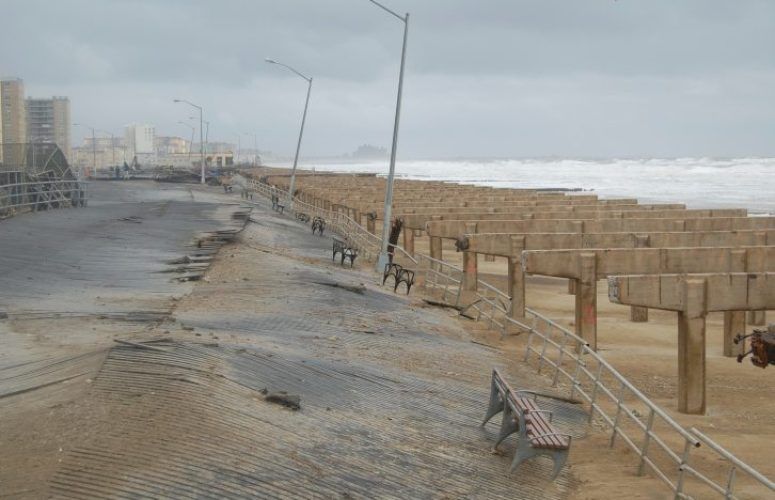
Superstorm Sandy Study Gauges Mental Health Toll on New Jersey Residents
On Jul 29, 2015Nearly three years after their homes were damaged in Superstorm Sandy, 27 percent of New Jersey residents, young and old, are facing moderate to severe mental health distress.
Researchers at Rutgers University and New York University, in collaboration with Columbia University and Colorado State University, surveyed 1,000 affected New Jersey residents, a representative sample of the more than 100,000 residents whose primary homes were structurally damaged by Sandy. The Sandy Child and Family Study found that unfinished repairs, lingering insurance claim disputes, mold problems and financial strain are causing mental health distress, including depression and PTSD symptoms, in affected residents of all ages.
Key findings:
- More than one-quarter of the 100,000-plus New Jersey residents whose homes were hit by significant structural damage in Superstorm Sandy are experiencing moderate to severe mental health distress two and a half years later
- About 14 percent report PTSD symptoms
- Children from hurricane-damaged homes are five times more likely to feel sad or depressed and eight times more likely to have trouble sleeping than children whose homes were not affected by Sandy
- Residents who do not have enough money to pay rent or mortgage and for other basic needs have health problems similar to those experienced by people living in poverty
- Recurring mold problems were linked to asthma and mental health problems
Read the full study:
http://ncdp.columbia.edu/microsite-page/sandy-child-and-family-health-study/s-cafh-home/
Related Articles:






